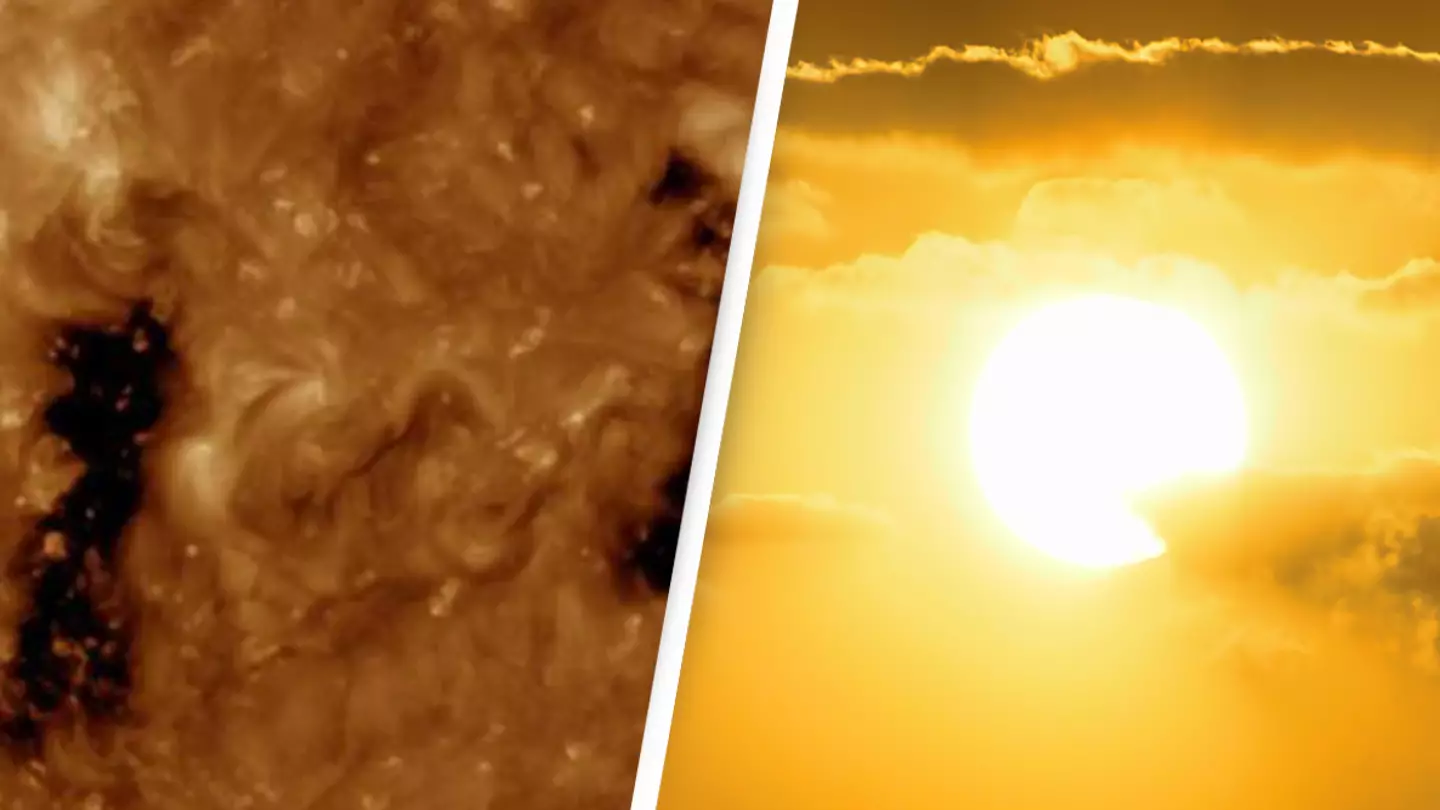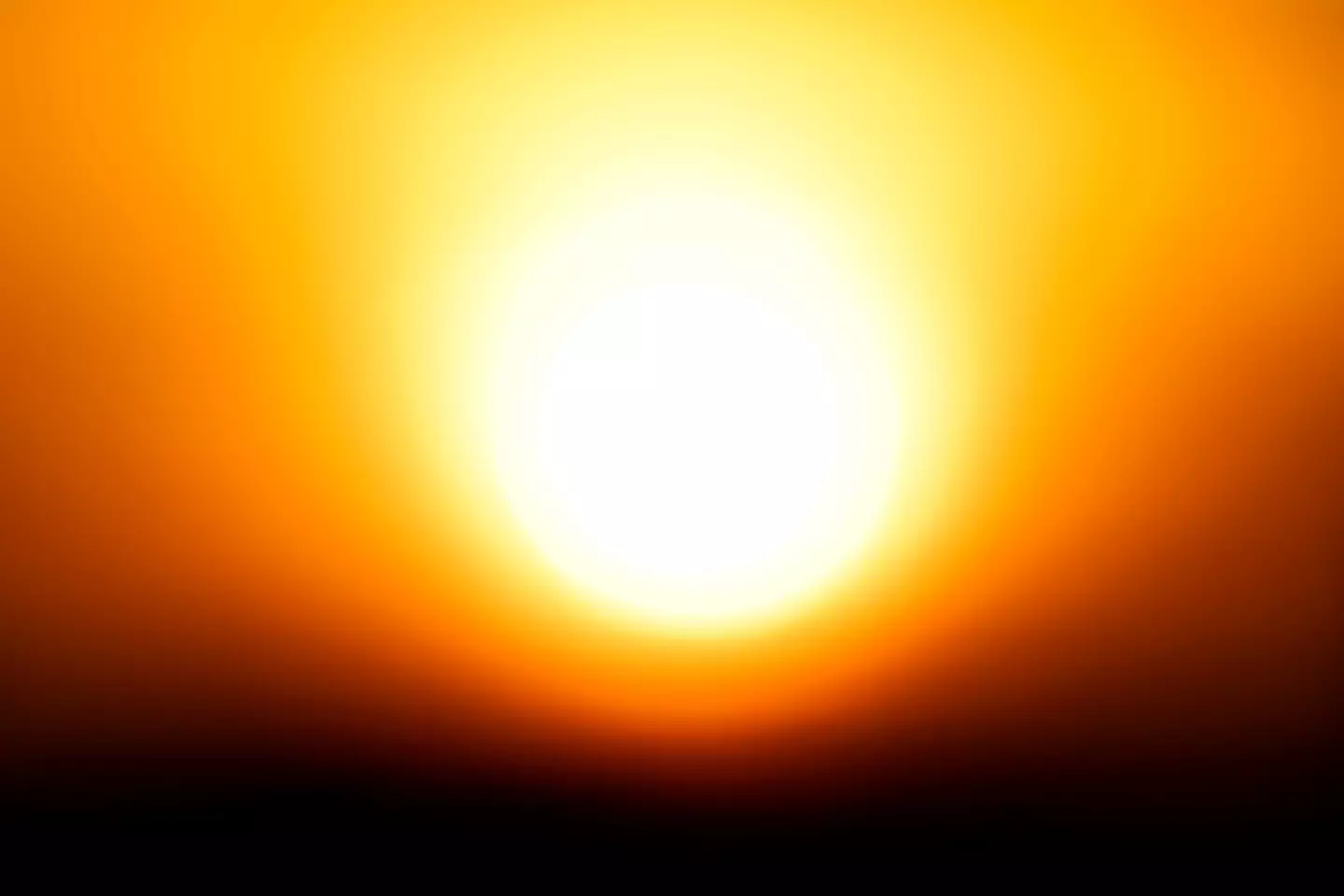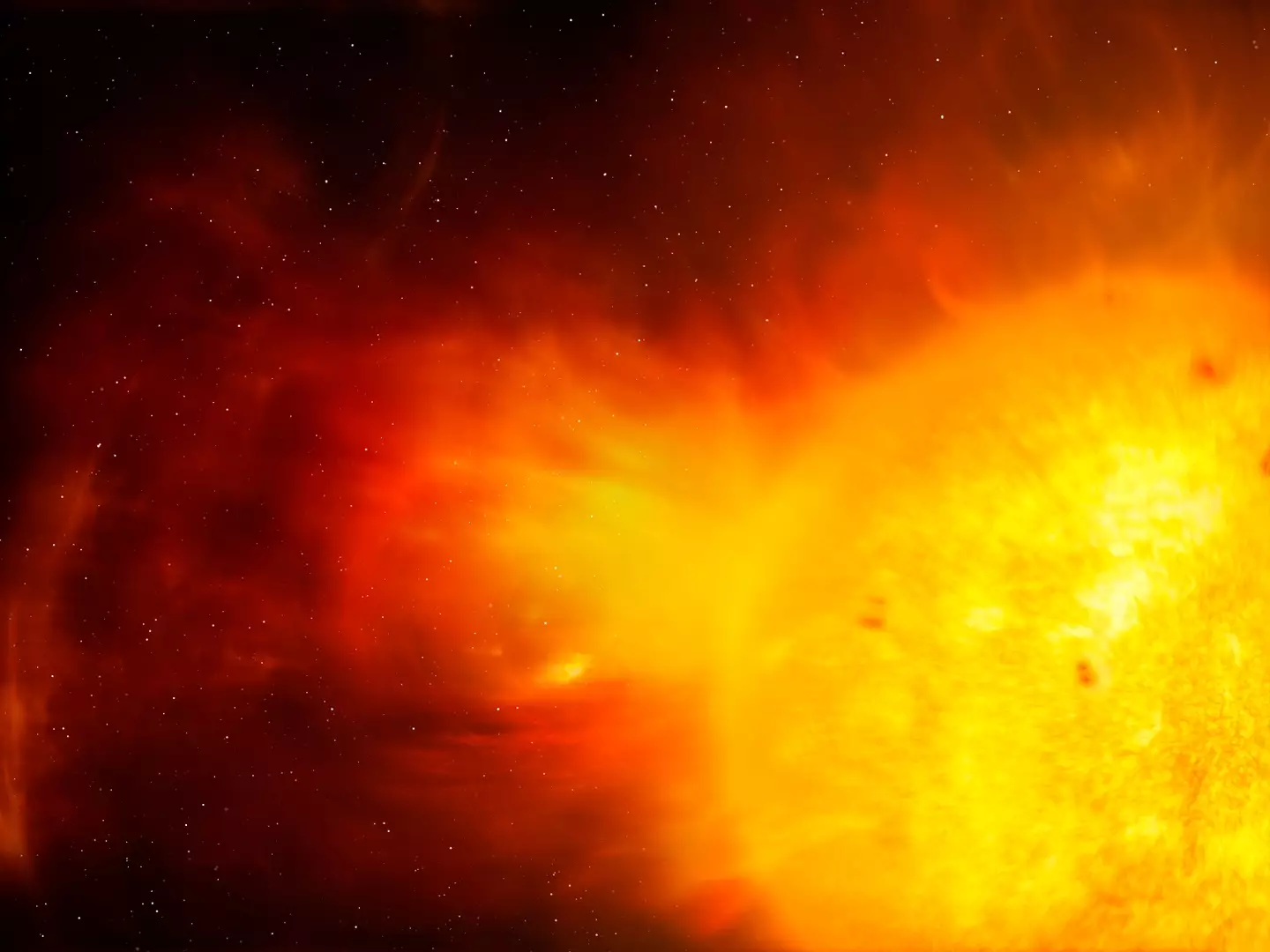
A massive hole has just opened up in the Sun, a recent report has found.
That's not concerning at all.
While many are frightened by the advancements in technology, there is no questioning it has allowed us to discover more about our planet and the wider solar system.
Advert
And recently, it has been discovered that an enormous hole has opened up in the Sun - subsequently spewing powerful streams of unusually fast radiation known as solar wind.
You'd think this wouldn't impact us on Earth so many miles away but the Sun is actually launching this powerful radiation directly at us.
Great.
It should also be worth noting that the gap in the Sun is temporary - though the size and orientation of the hole is certainly unprecedented.

Scientists say that the gap, which is wider than 60 Earths, is particularly unheard of at this stage of the solar cycle.
The giant dark patch - which has been dubbed as a coronal hole - initially took shape near the Sun's equator on December 2.
Reaching a width of around 800,000 kilometers in just 24 hours, the solar void has been pointing directly at Earth since 4 December.
So, how is this caused?
Well, it takes place when magnetic fields that hold the Sun in place suddenly open up.
According to The National Oceanic and Atmospheric Administration, this process causes the contents of the sun's upper surface to essentially stream away in the form of solar wind.
Unfortunately, you will not be able to look at the sun as you look on from the office this morning as coronal holes are not visible unless they are viewed under ultraviolet light.
Experts had previously predicted that the most recent hole could have potentially triggered a geomagnetic storm, subsequently causing radio blackouts and strong auroral displays in the coming days.

However, it has now been concluded that the solar wind is less intense than expected - with only a weak storm occurring so far.
Spaceweather.com states that this could still result in auroras, though.
So, only time will tell.
In other space news, four continents experienced a total solar eclipse last month.
People in North and Central America, Asia, Australia, the Pacific Islands and parts of South America all experienced the eclipse on 8 November.
A lunar eclipse occurs when the Earth, moon and sun are aligned, with the moon passing into the Earth's shadow.
And this eclipse was reported to be the last one until 2025 - so mark your calendars.
